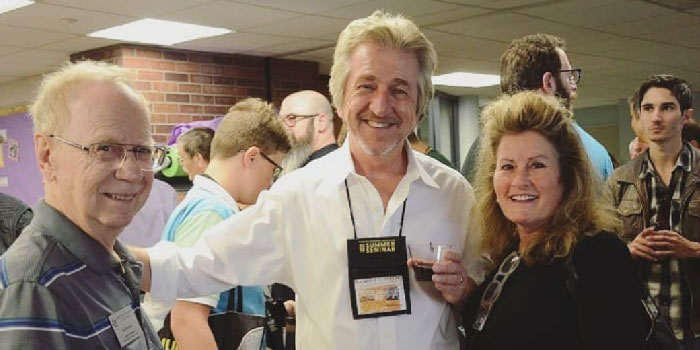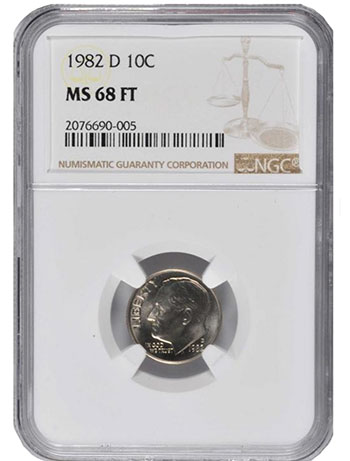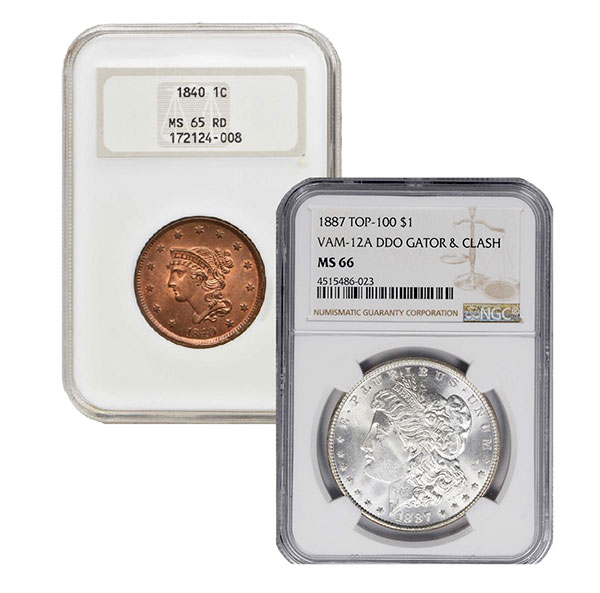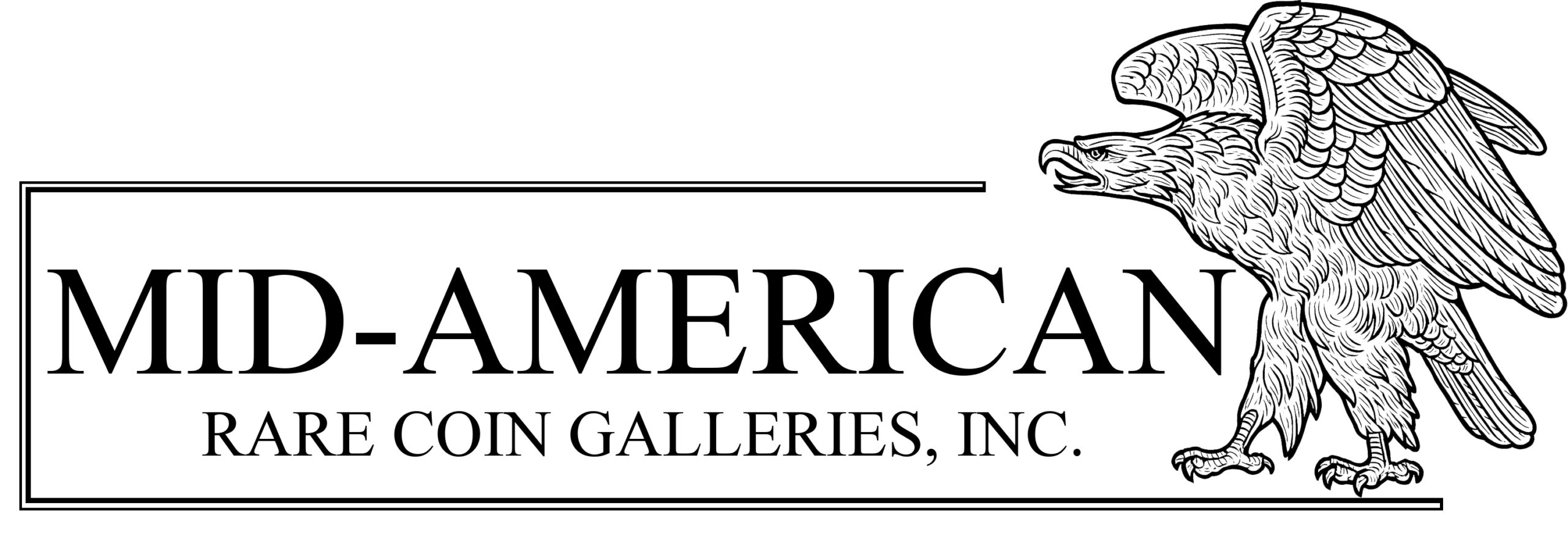Recruiting and training young people in the rare coin business has been a focus within numismatics in recent history. Hobby leaders recognize the need to replenish the aging ranks. Many of the most important coin dealers in the country started in the 1970s and are now entering their golden years. Sadly, we have also lost several recently.
Many nonprofit organizations, coin companies, and grading companies have started intern programs tailored to identifying the next numismatic stars. The Witter Coin University joined the American Numismatic Association (ANA) Summer Seminar and is offering weeklong classes in everything from grading to dealer ethics. The Professional Numismatists Guild (PNG) also has an intern program that will roll out this year.
In addition, Numismatic Guaranty Company (NGC) is actively recruiting talent and offers opportunities for those interested in a career in numismatics or one of their other collectibles categories. NGC is looking not only for graders but also other people with talent who would like to make their careers at the Certified Collectibles Group. If you are interested in a career in numismatics, you can explore opportunities at NGC and its affiliates by visiting collectiblesgroup.com/careers.
There has never been a better time to consider rare coins as a career. The opportunities to get started are nearly endless. Almost daily, one of my fellow rare coin dealers mentions they are looking for someone to work in their operations. This ranges from small local shops to giant multi-national operations.

I am truly blessed to do what I love for a living. Every day is exciting, and most days I look forward to going to work. You never know what that next phone call will be about. My life as a coin dealer is like PBS’ popular TV show Antiques Roadshow on a daily basis! You still have to run a business, which has its challenges, but in general I’m living the dream.
Regardless of your age, numismatics offers many ways to make a living. Knowing where and how to start can be the hard part. You will also need the skills to make it in the world of professional numismatics. Everyone’s path will be different, but the following may help you navigate the world of becoming a professional numismatist.
Starting at a Young Age
I started collecting coins at around 10 years old, and coins have been a huge part of my life ever since. I was fortunate to have lived in Central Florida in the 1970s, which had and continues to have a very active coin community. There were multiple coin clubs and a lot of coin shops. My youthful interest was stimulated on a regular basis, and I had the great luck of having several early mentors who spent a lot of time teaching me about numismatics.
In 1974, at the age of 16, I won a scholarship to the ANA Summer Seminar. This really opened up a world that I had never experienced. Shortly thereafter, I decided that I wanted to become a rare coin dealer. For the next few years, my studies centered on numismatics rather than school. I did finish high school, but after much consideration, I decided to skip college.

This is one decision that I’m not sure I would recommend for everyone. For many, college could add to your skill levels about business, literature, history and much more. For me, I had to learn some very painful lessons the hard way that might have been avoided if I had attended college. This is a very personal decision that everyone must make for themselves.
My first job in numismatics was working in a coin shop. This is one of the best ways to learn about the business. By working in a coin shop, you will see just about everything that numismatics has to offer. Learning to buy coins across the counter is a skill that many shops around the country need, and jobs for that are offered quite often.
Working in a coin shop will also help you learn a lot about the business of numismatics, which includes everything from payroll to advertising. There is a lot to know about running a successful coin shop. Try finding someone who will let you learn from the ground up. After a few years, you can think about starting your own business.
Furthering Your Numismatic Knowledge
I should also mention the ANA Summer Seminar again. The seminars are one of the best things the ANA offers, and each year 200 to 300 people attend. One of the primary reasons many students attend is to learn about coin grading. These classes are extremely popular and usually sell out. There are beginner, intermediate and advanced classes available to accommodate a wide range of skill levels. NGC has generously supplied instructors for these classes for many years. In fact, NGC grading experts Ben Wengel and Rick Montgomery will be teaching at the 2023 ANA Summer Seminar.
Additionally, I will be teaching advanced coin grading this summer. Many individuals take these classes each year and sometimes take the same class more than once. The reason for this is that learning how to grade is the single most important skill to master if you want to buy and sell coins. In my opinion, the level of success you achieve will probably depend on how proficient you become at grading coins and currency.
The ANA Summer Seminars also offer many other classes that would be helpful if you are interested in becoming a rare coin dealer. One of those is a class titled: “The Business of Being a Coin Dealer.” Other classes include photography, numismatic writing, authentication, ancient coins and paper money. I can tell you factually that a lot of people have launched their numismatic careers because of the ANA Summer Seminar, including some of the biggest names in the hobby.
Numismatic knowledge is the key to any successful career in the hobby. You may wish to concentrate on one series and become an expert on that. Abraham Lincoln once stated, “Whatever you are, be a good one.” This sentiment applies to numismatics as well. There are a lot of individuals who started as specialized collectors and later became professionals. The experience gained by collecting can be very useful when trying to buy and sell coins for profit.
Support Jobs
There are many other ways to make a living in the rare coin business other than buying and selling.
Nearly every numismatic business in the country employs individuals as support for their operations. Many coin businesses have large sales staff and great salespeople, which are always in demand. Other skills that coin companies desire include photography, graphic arts, writing, advertising, marketing, and many others.
Recently, the ANA added a feature for job postings on its website money.org. Companies often post jobs regularly within the numismatic press. There is also old-fashioned networking that is quite effective. Put the word out of your interest and let as many people know as possible.
 Also, try to build relationships with other dealers whom you can trust for advice and guidance. Relationships are one of the most important assets for a successful rare coin dealer. I have had many important mentors during my career, and I would not have been successful without each of them.
Also, try to build relationships with other dealers whom you can trust for advice and guidance. Relationships are one of the most important assets for a successful rare coin dealer. I have had many important mentors during my career, and I would not have been successful without each of them.
A Few Words of Caution
If you try your hand at buying and selling coins, make sure to start off slowly. I have seen many novice dealers with a healthy bankroll build a large inventory, only to find out that buying coins is much easier than selling them. Start off slow and make sure you fully understand the area of numismatics you have chosen before jumping in headfirst.
Also, be sure to concentrate on buying attractive coins and do not buy based on price only. If you are not careful, you can quickly end up with a lot of bargains that are impossible to sell.
If you have the luck to start a career in numismatics, hopefully you will have the same lifetime of success and enjoyment that I have experienced. Anyone interested in a career in numismatics is welcome to contact me for advice.
